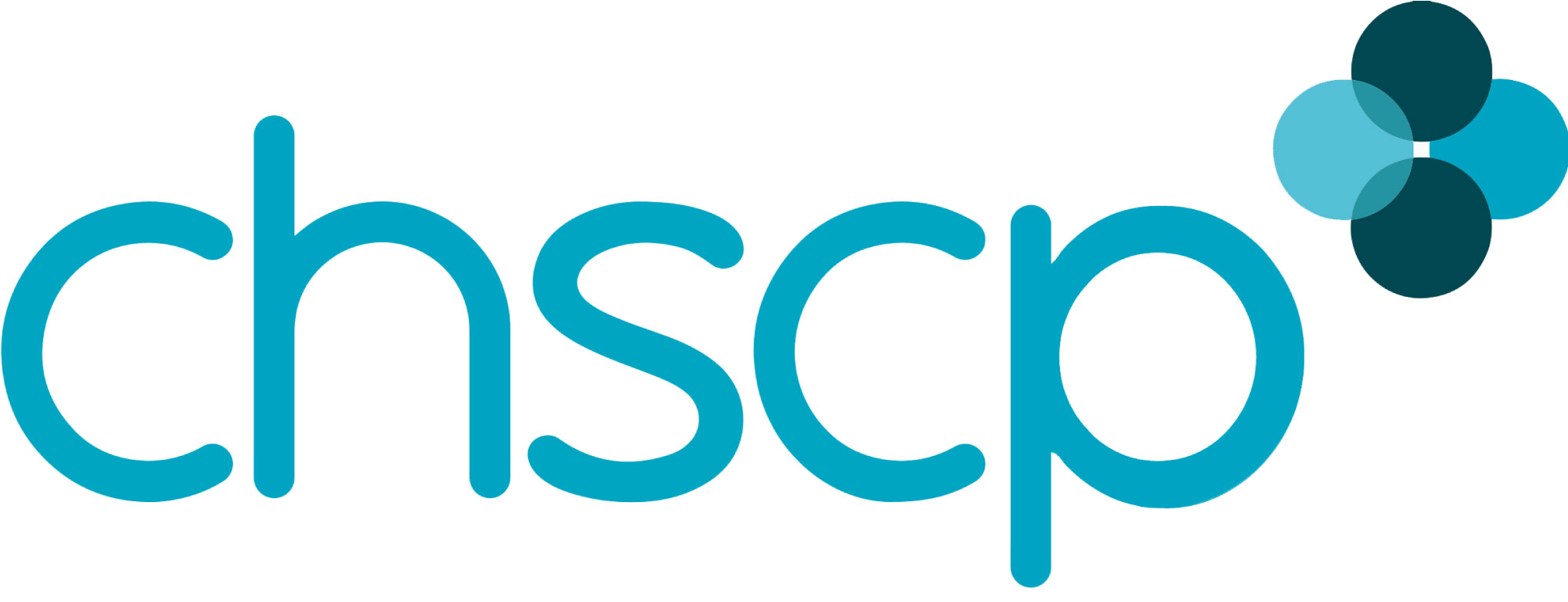I am text block. Click edit button to change this text. Lorem ipsum dolor sit amet, consectetur adipiscing elit. Ut elit tellus, luctus nec ullamcorper mattis, pulvinar dapibus leo.
Practice
Worried About a Child
To help schools and colleges know what to do if they are worried about a child or young person, the CHSCP has published ‘The City of London Thresholds of Need‘ and ‘The Hackney Child Wellbeing Framework‘. These documents set out the local criteria for action in a way that is transparent, accessible and easily understood.
Allegations against Staff & Volunteers
To support high quality practice in response to allegations made against staff or volunteers, schools and colleges should refer to the London Child Protection Procedures and relevant guidance set our in Keeping Children Safe in Education. Designated Officers (LADOs) are available in both the City and Hackney to help support schools and colleges through this process.
CHSCP Practice Guidance
Across both the City of London and the London Borough of Hackney, schools and colleges have an important role in identifying children in need or at risk of abuse and working with others to provide support as soon as problems emerge. To help them do this, the CHSCP has approved and published practice guidance that covers a broad range of safeguarding topics.
CSA Resources for Schools
Resources to help education professionals to identify and respond when they have concerns of child sexual abuse or behaviour.
Supporting Safeguarding Practice
Tackling Harmful Sexual Behaviours
Educate Against Hate
The Experiences of Staff
The Experiences of Children and Families
Learning from Case Reviews
The purpose of reviews of serious child safeguarding cases, at both local and national level, is to identify improvements to be made to safeguard and promote the welfare of children. Schools and colleges play an important role in the case review process and are fully engaged where required. Learning is relevant locally for all schools and colleges and is disseminated via the CHSCP’s TUSK briefings / Schools bulletins and CHSCP training.
Multi-Agency Case Audits
The CHSCP maintains a multi-agency case auditing (MACA) programme. MACAs can involve looking at the safeguarding practice in schools and colleges. The selection of themes for audit are guided by the CHSCP’s Learning and Improvement framework. The audit process focuses on the child’s lived experience, the quality and impact of practice and involves ‘appreciative elements’, to highlight what worked well in cases as well as areas for action. Lessons and recommendations for practice improvement are shared with all partners of the CHSCP, with actions tracked by the Quality Assurance Sub group.
Communication
In the field of safeguarding children and young people, standing still is falling behind! To help schools and colleges stay up to date with key issues, the CHSCP produces monthly ‘TUSK briefings’. Easy to access and simple to understand, schools and colleges can sign up to the TUSK mailing list to receive updates directly from the CHSCP. Hackney Education also sends out a termly bulletin to all schools and colleges that includes reference to the TUSK briefings and other relevant safeguarding communications.
